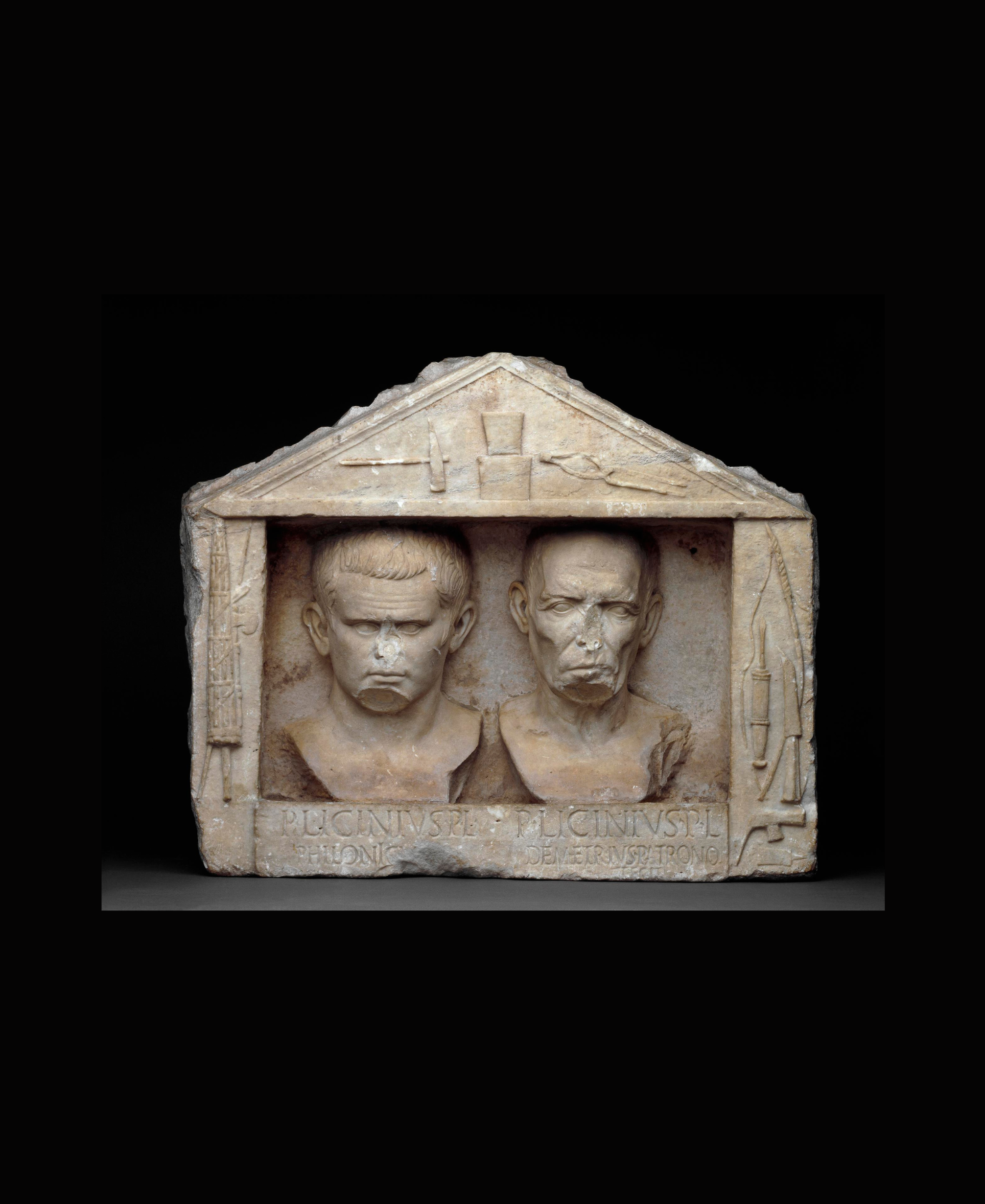Slavery and Technology in Greco-Roman Worlds
Colin Webster
Classics
UC Davis
Moses I. Finley (1965) famously argued that the ubiquity of slavery in the Roman Empire prevented an ancient industrial revolution. With inexpensive labor, there was no need for automation to increase productivity. Finley’s thesis has been problematized and shown incorrect in manifold ways over the last two decades. Nevertheless, no dominant model explaining the interactions of technology and enslavement has emerged to take his theory’s place. This conference, held at UC Davis in January 2024, convenes philologists, ancient historians, economic historians, historians of science, and archaeologists to work toward the creation of such a model. We address how tools, their enslaved users, and larger systems of enslavement functioned in the ancient Mediterranean. We examine how populations were moved across the ancient world, and how they brought their technologies and technical knowledge with them. We explore how technologies were used to establish, enforce, resist, and dismantle systems of oppression. Ultimately, the organizers intend for this conference to lead to a co-authored book that offers new ways of understanding the mutual impact of Greco-Roman slave systems and technological use and development.
Image copyright of the Trustees of the British Museum.

